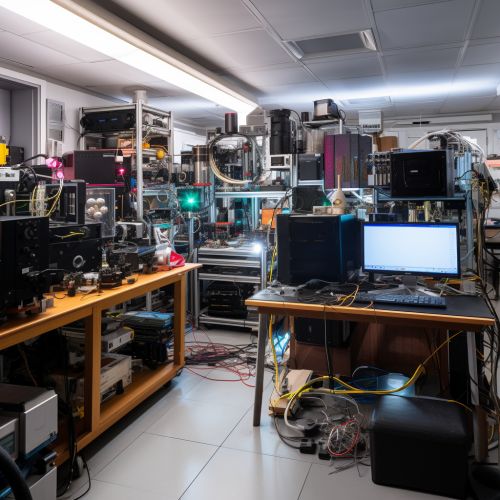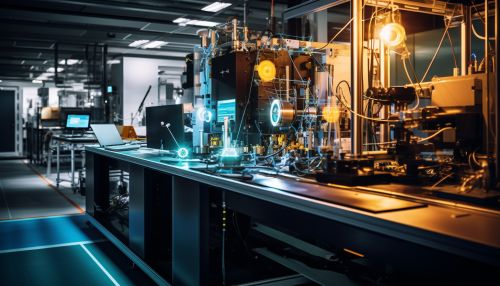Quantum information science
Introduction
Quantum information science is an interdisciplinary field that seeks to understand the deep connections between quantum mechanics, information theory, and computational complexity theory. It is a rapidly expanding area of research, with potential applications in quantum computing, quantum cryptography, and quantum teleportation.
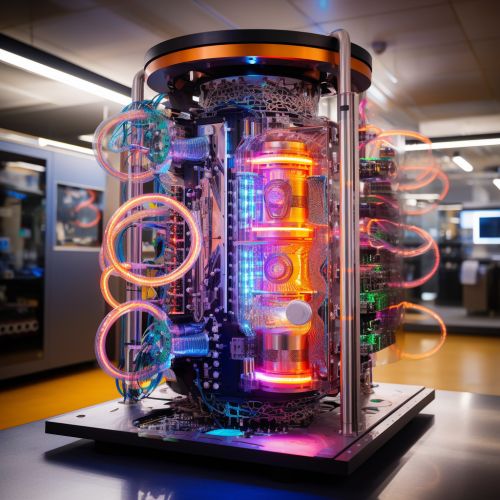

Quantum Mechanics and Information Theory
Quantum mechanics is a fundamental theory in physics that describes the behavior of particles at the smallest scales, such as atoms and subatomic particles. Information theory, on the other hand, is a mathematical framework for quantifying, storing, and communicating information. Quantum information science merges these two fields, leading to new concepts and methods that are fundamentally different from those in classical information theory.
One of the key concepts in quantum information science is the quantum bit, or qubit. Unlike classical bits, which can be either 0 or 1, a qubit can be in a superposition of states, meaning it can be both 0 and 1 at the same time. This property is one of the reasons why quantum computers, which operate on qubits, have the potential to outperform classical computers for certain tasks.

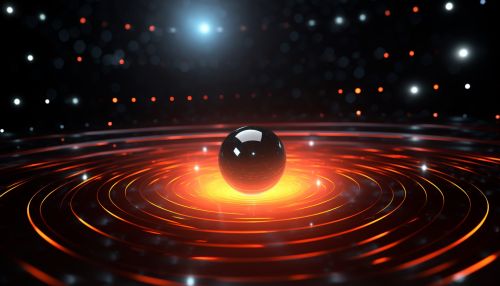
Quantum Computing
Quantum computing is one of the most promising applications of quantum information science. A quantum computer uses qubits to perform calculations, which allows it to process a vast number of possibilities simultaneously. This parallelism, combined with the ability of qubits to interfere with each other, can potentially solve certain complex problems much faster than classical computers.
However, building a practical quantum computer is a significant challenge due to issues such as decoherence, which is the loss of quantum information in a system. Current research in quantum computing involves both the development of new algorithms and the design of quantum hardware that can effectively preserve quantum information.
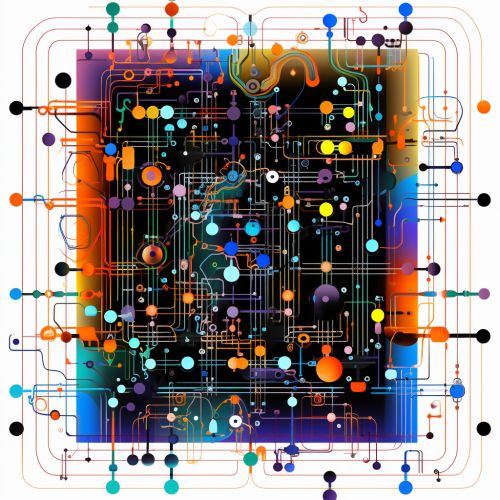
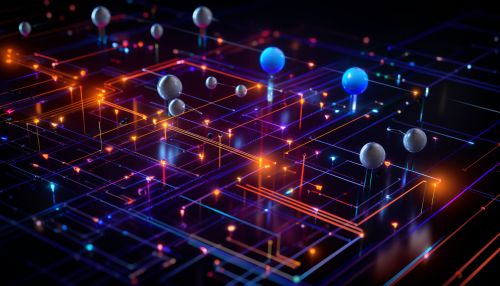
Quantum Cryptography
Quantum cryptography is another important area of quantum information science. It uses the principles of quantum mechanics to secure communication, providing a level of security that is not possible with classical cryptography. The most well-known application of quantum cryptography is quantum key distribution (QKD), which allows two parties to share a secret key that can be used for secure communication.
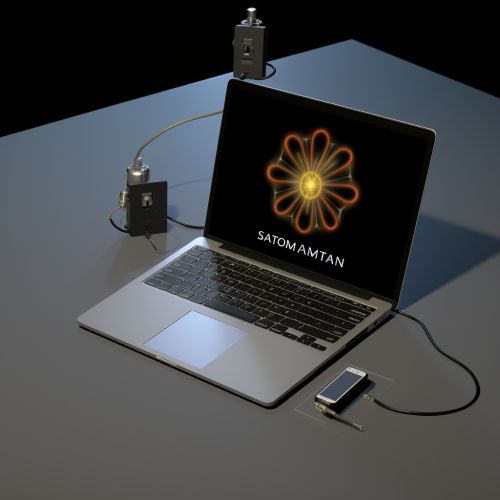
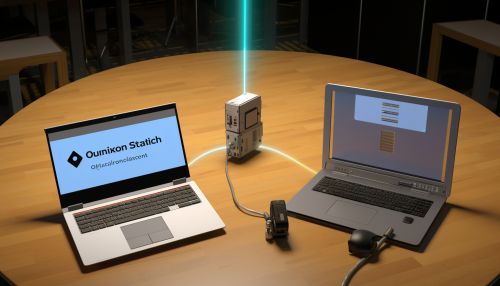
Quantum Teleportation
Quantum teleportation is a process in which the state of a qubit is transferred from one location to another, without any physical particles travelling between the two locations. This is achieved by using a pair of entangled qubits and a classical communication channel. Quantum teleportation is not a method of transportation, but it is a way to transfer quantum information, which could be useful in quantum computing and quantum communication.
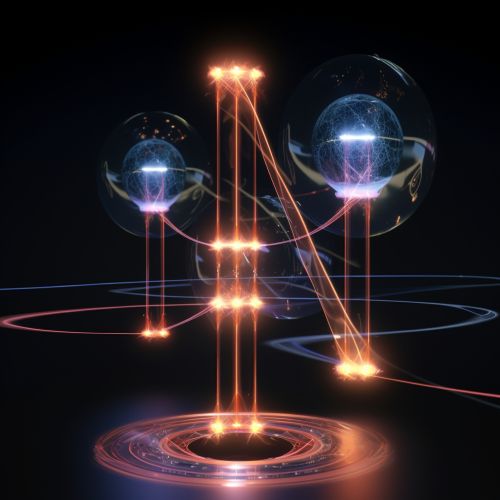

Future Directions
The field of quantum information science is still in its early stages, and there are many open questions and challenges. However, the potential applications in computing, cryptography, and communication make it a highly active area of research. As our understanding of quantum mechanics and information theory continues to grow, we can expect to see new developments and breakthroughs in this exciting field.
